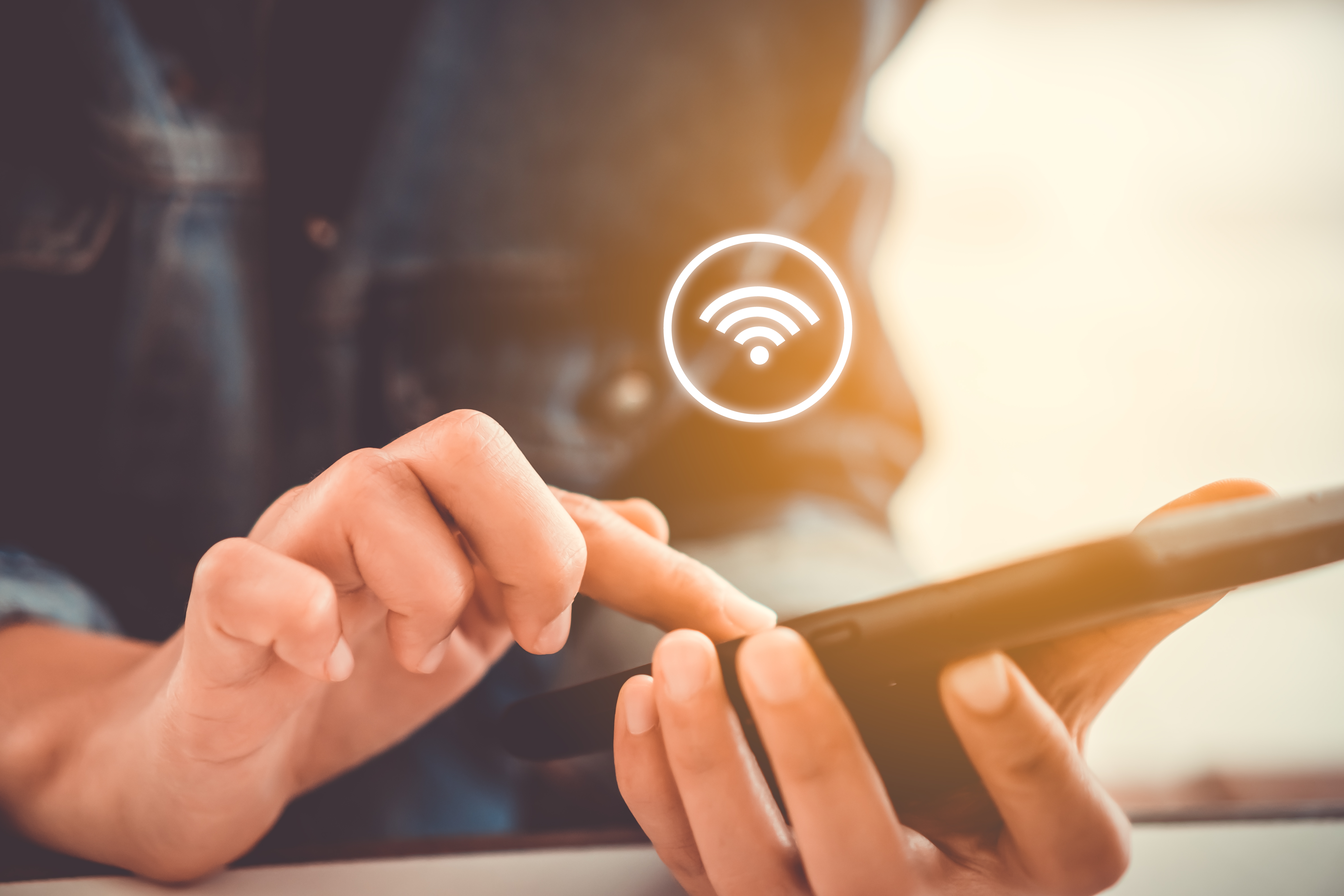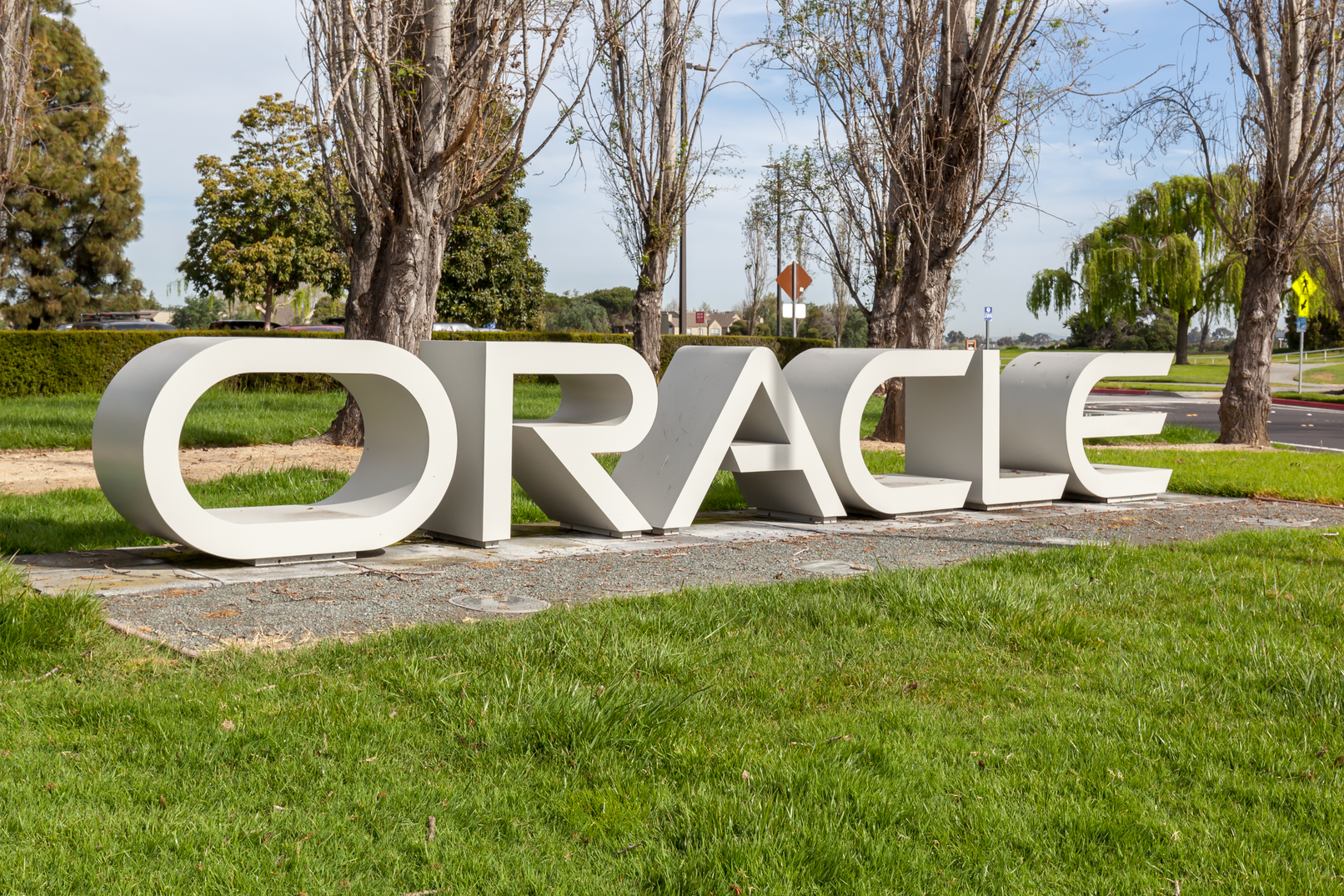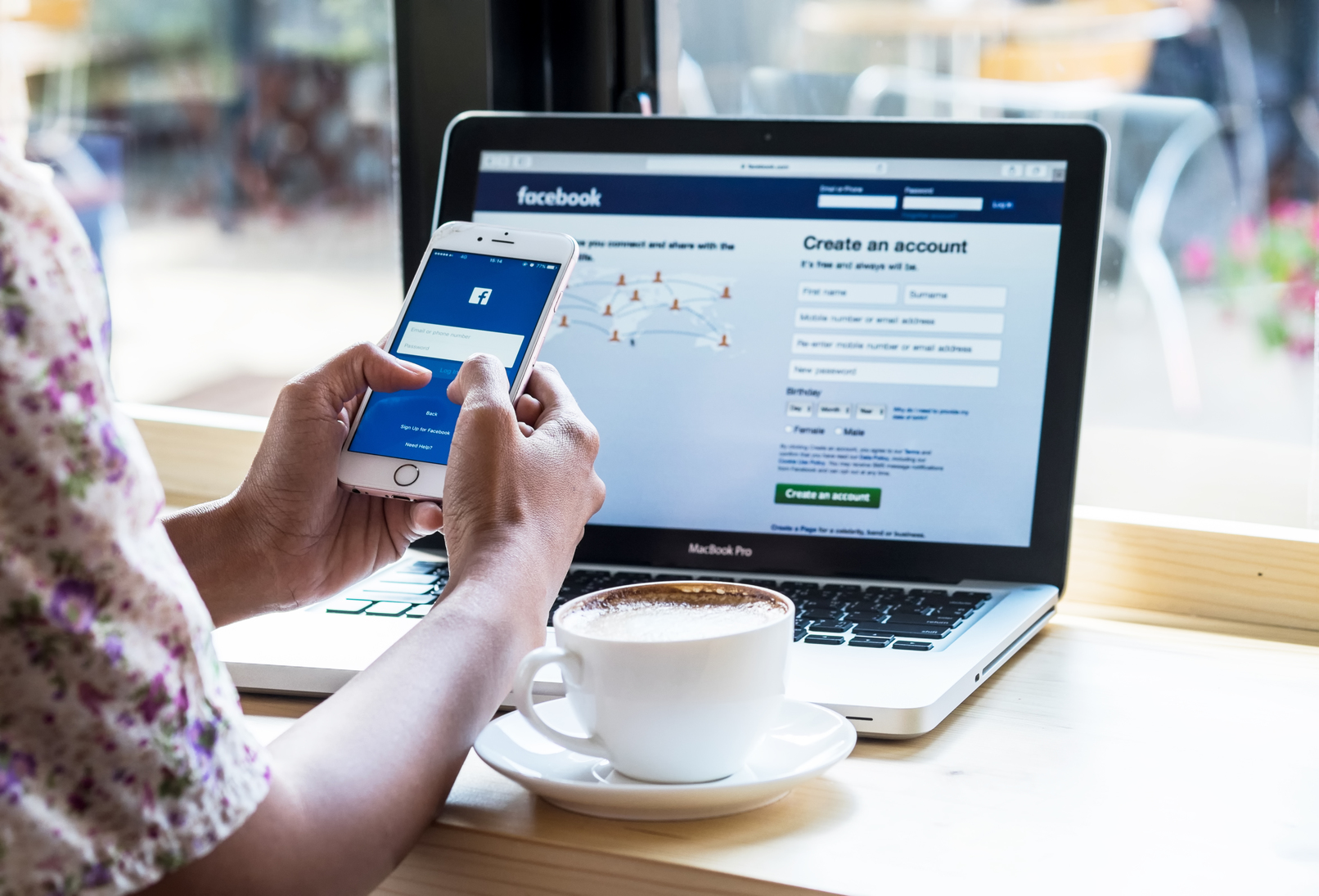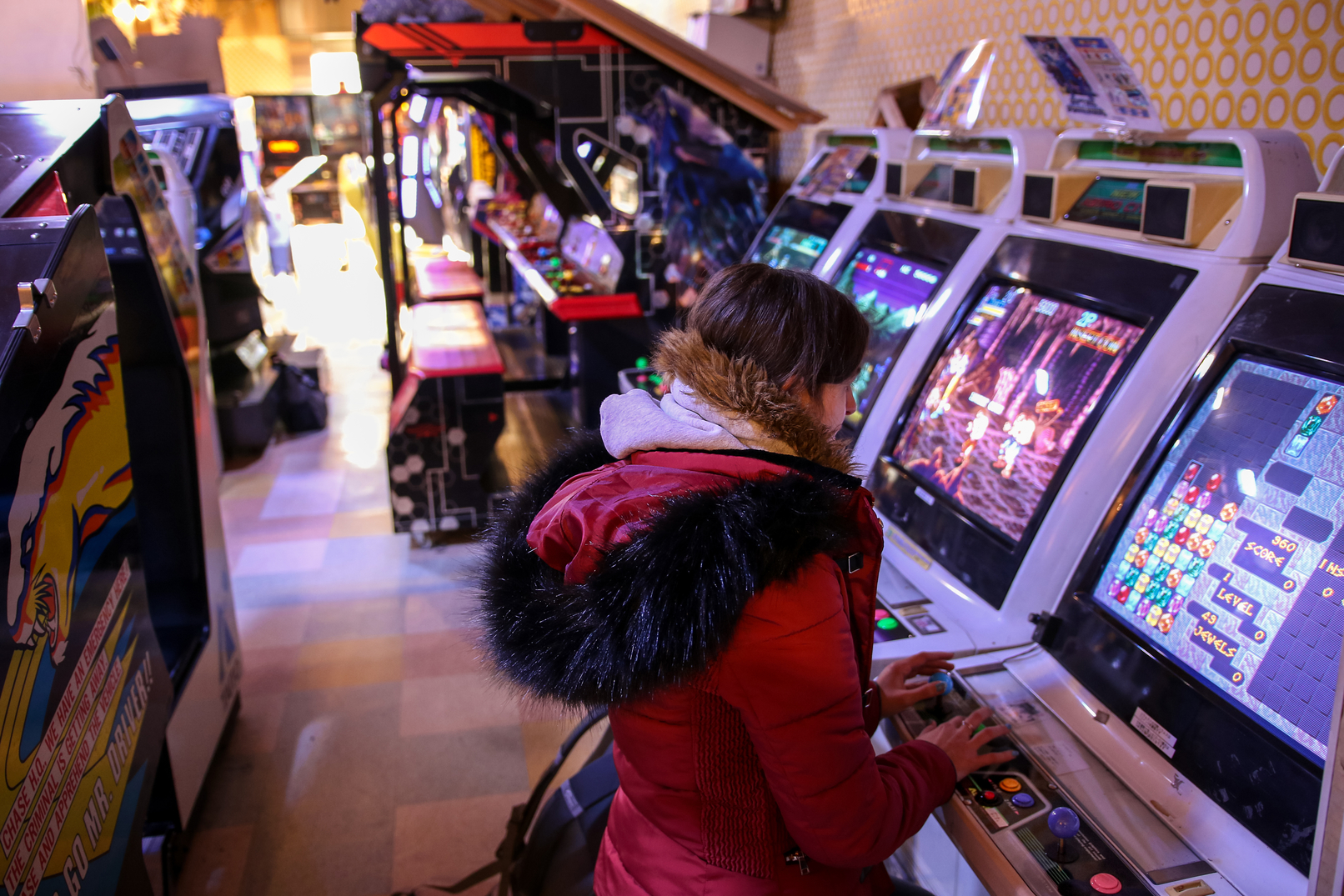A lawsuit between competing tobacco companies involves the tobacco heating technology used in their devices, which are alternatives to traditional cigarettes.
Articles Posted in Intellectual Property
On Tuesday, March 31, 2020, Judge John Padova, U.S. District Court for the Eastern District of Pennsylvania, ruled mostly in favor of Epic Games, Inc. in a lawsuit involving the Fortnite dance emote "Phone It In." Judge Padova granted Epic Games, Inc.'s motion to dismiss concerning plaintiff Leo Pellegrino's causes of action concerning the following claims: (1) unauthorized use of name or likeness; (2) misappropriation of publicity; (3) invasion of privacy by misappropriation of identity; (4) unjust enrichment; (5) unfair competition; (6) trademark infringement under Pennsylvania common law; and (7) trademark dilution under the Lanham Act. However, Judge Padova ruled that plaintiff's claim for trademark infringement under the Lanham Act could proceed.
On Thursday, March 26, 2020, Judge Laura Taylor Swain of the U.S. District Court for the Southern District of New York granted summary judgment in favor of defendants, 2K Games, Inc. and Take-Two Interactive Software, Inc., in a lawsuit concerning five tattoos appearing in three basketball simulation video games. Plaintiff Solid Oak Sketches, LLC claimed copyright infringement of tattoos depicted on NBA players Eric Bledsoe, LeBron James, and Kenyon Martin in NBA 2K14, NBA 2K15, and NBA 2K16. The tattoos in question were included in the basketball simulation video games "[t]o further the goal of simulating an actual NBA game."
On Monday, March 16, 2020, New York design firm Uber, Inc. filed a complaint in the U.S. District Court, Southern District of New York, against the ride-sharing company Uber Technologies, Inc., alleging "willful, wanton, and intentional infringement, deceptive trade practices, and unfairly competitive use" of the design firm's trademark. The design firm requested relief in the form of damages, an injunction, and for the ride-sharing company to implement corrective advertising in the form of a campaign.
In a patent infringement lawsuit filed in Delaware federal court, IBM claims that Airbnb has unlawfully been using multiple IBM patents in running its online short-term rental platform business. IBM alleges that it has been attempting to negotiate a licensing agreement with Airbnb since 2014, but that these efforts have been unsuccessful.
Nanoco, a British nanotechnology company that makes quantum dots for vibrant screen displays, announced that it has filed a patent infringement lawsuit against Samsung. The case was filed last week in Texas federal court, and alleges that Samsung has willfully infringed Nanoco's patents with regard to importing and selling televisions that unlawfully incorporated Nanoco's technology.
On Wednesday, January 29, 2020, a federal jury reached a verdict in California Institute of Technology v. Broadcom Limited and Apple, Inc, a lawsuit involving alleged patent infringement of the California Institute of Technology's patents on Wi-Fi networking technologies. The jury awarded $1.1 billion in damages to the university for the patent infringement. Specifically, the jury awarded the university $270 million for Broadcom's infringement and $837 million for Apple's infringement.
The Court's decision in a battle over basic software codes will end a decade of litigation between the two tech companies and shape the future of the software industry.
Rather than suing hacking websites directly, Facebook is suing the companies that provide hosting services for these websites, alleging trademark infringement and cybersquatting.
Bandai Namco is claiming that AtGames misrepresented itself in negotiations for the royalty rights to the game.










